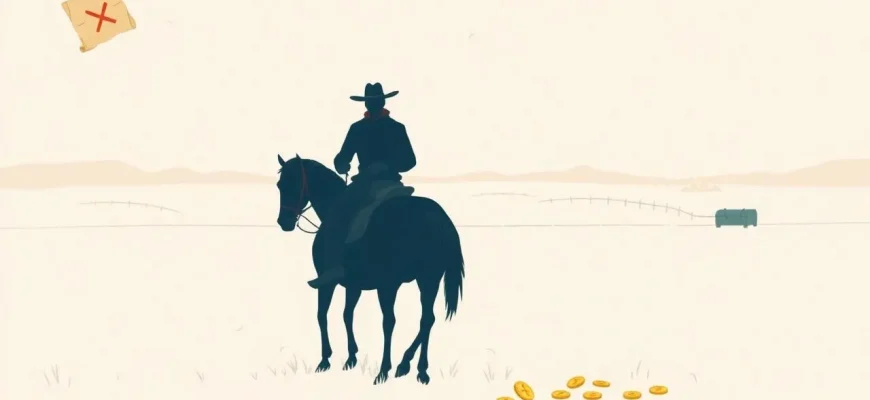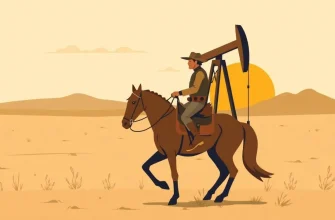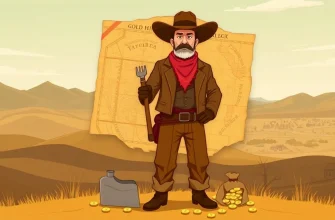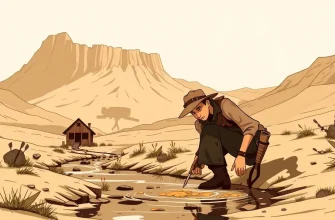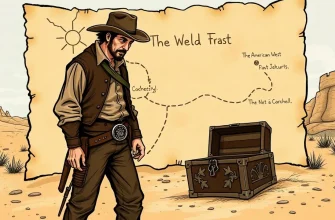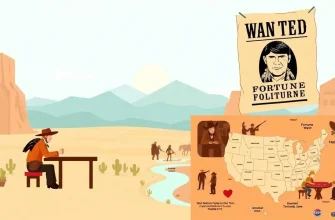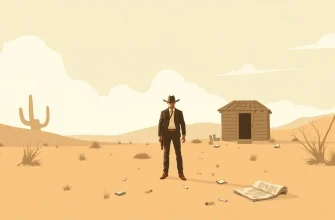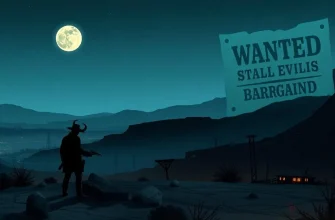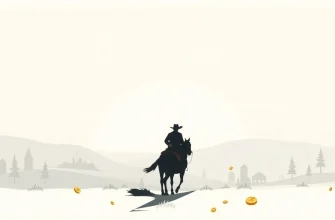- The Treasure of the Sierra Madre (1948)
- The Big Country (1958)
- The Magnificent Seven (1960)
- The Man Who Shot Liberty Valance (1962)
- The Sons of Katie Elder (1965)
- The Good, the Bad and the Ugly (1966)
- The Ballad of Cable Hogue (1970)
- The Outlaw Josey Wales (1976)
- The Professionals (1966)
- The Far Country (1954)
The Wild West is not just about shootouts and horseback chases; it's also a land where inheritance plays a pivotal role in shaping destinies. This curated list of 10 western films delves into themes of legacy, family secrets, and the pursuit of wealth, offering viewers a unique perspective on the genre. From tales of hidden treasures to battles over land rights, these films showcase the dramatic and often perilous journey of inheriting in the untamed frontier.

The Treasure of the Sierra Madre (1948)
Description: Three prospectors search for gold in the Sierra Madre mountains, facing greed, betrayal, and the harsh realities of fortune hunting.
Fact: This film won three Academy Awards, including Best Director for John Huston, and is famous for the line, "Badges? We ain't got no badges!"
 Watch Now
Watch Now 
The Big Country (1958)
Description: A retired sea captain arrives in Texas to marry his fiancée but finds himself caught in a feud over land and water rights, ultimately inheriting a legacy of conflict.
Fact: The film was nominated for two Academy Awards, including Best Director for William Wyler, and it features one of the longest continuous shots in film history.
 Watch Now
Watch Now 
The Magnificent Seven (1960)
Description: Seven gunfighters are hired to protect a small village from bandits, with the promise of land as their inheritance if they succeed.
Fact: This film was an American remake of Akira Kurosawa's "Seven Samurai," and it spawned several sequels and a 2016 remake.
 Watch Now
Watch Now 
The Man Who Shot Liberty Valance (1962)
Description: Senator Ransom Stoddard returns to the town of Shinbone to attend the funeral of Tom Doniphon, revealing the true story behind the legend of who really shot the notorious outlaw Liberty Valance.
Fact: This film is often cited as one of the greatest westerns ever made, exploring themes of myth versus reality in the American West.
 Watch Now
Watch Now 
The Sons of Katie Elder (1965)
Description: After their mother's death, four estranged brothers reunite to claim their inheritance, only to find themselves embroiled in a conflict with a ruthless cattle baron.
Fact: This film was one of John Wayne's last major successes before his health began to decline. It was also the first time Wayne and Dean Martin starred together.
 Watch Now
Watch Now 
The Good, the Bad and the Ugly (1966)
Description: Three men hunt for a buried treasure during the Civil War, each with their own claim to the inheritance, leading to a legendary showdown.
Fact: This film is part of Sergio Leone's Dollars Trilogy and is widely considered one of the greatest films in the western genre.
 Watch Now
Watch Now 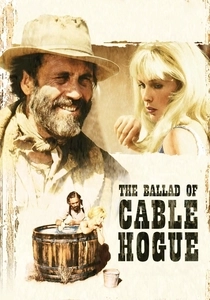
The Ballad of Cable Hogue (1970)
Description: After being left for dead in the desert, Cable Hogue finds water and builds a way station, inheriting a new life and a chance at redemption.
Fact: This was Sam Peckinpah's only western comedy, showcasing a lighter side of his often dark and violent filmmaking style.
 Watch Now
Watch Now 
The Outlaw Josey Wales (1976)
Description: A Missouri farmer, seeking vengeance for his family's murder, joins a Confederate guerrilla band and inherits a new family along his journey.
Fact: Clint Eastwood not only starred in but also directed this film, which was his first western as a director.
 Watch Now
Watch Now 
The Professionals (1966)
Description: A group of experts are hired to rescue a rancher's wife from revolutionaries, only to uncover a web of deceit and inheritance issues.
Fact: The film was a major success, leading to a TV series of the same name, although the series had little in common with the film.
 Watch Now
Watch Now 
The Far Country (1954)
Description: A cattle drive leads to a battle for land and justice in the Yukon, where the protagonist inherits a saloon and must defend it against corrupt officials.
Fact: This was one of several collaborations between James Stewart and director Anthony Mann, known for their darker, more psychological westerns.
 30 Days Free
30 Days Free 
